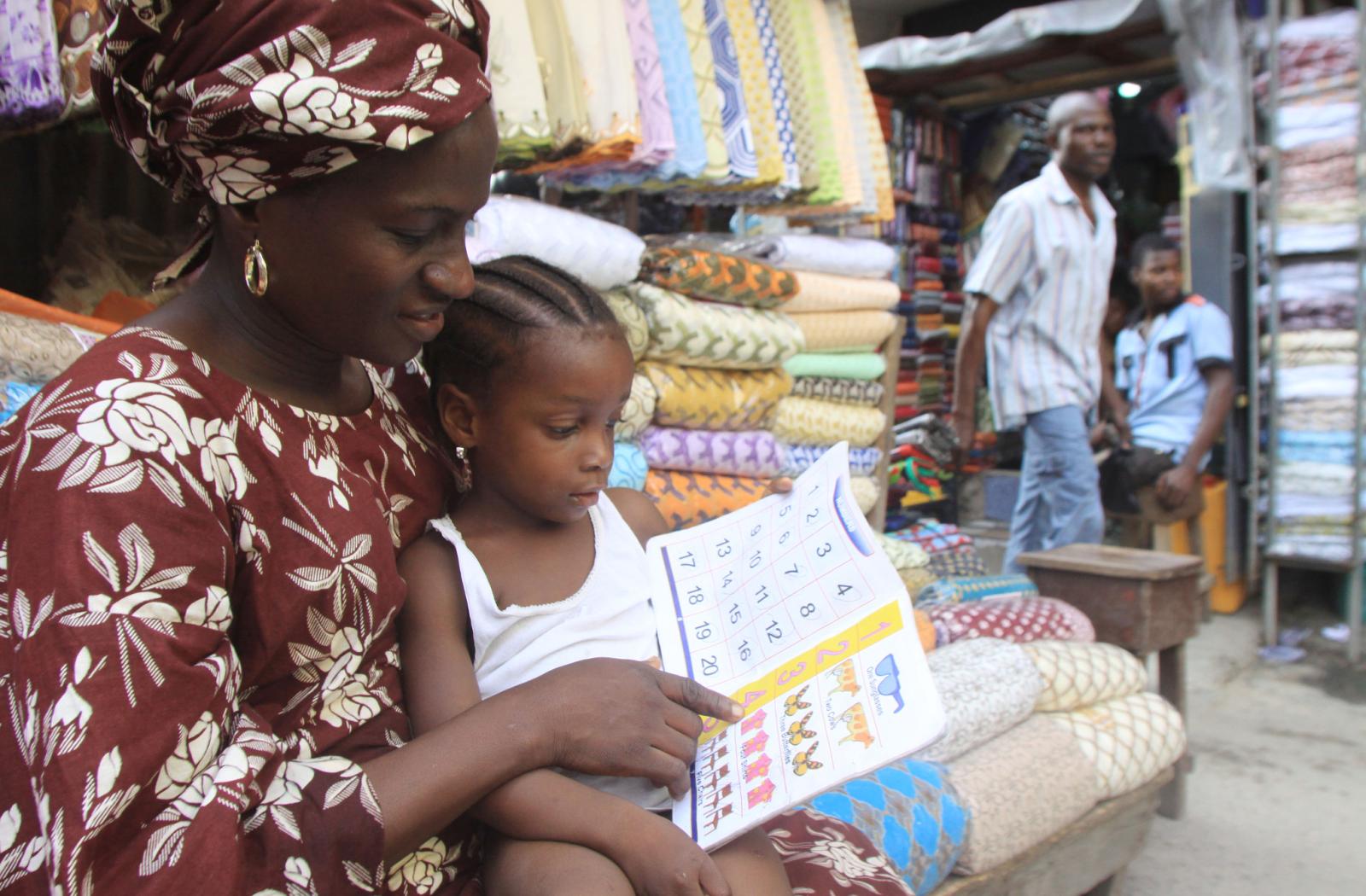"Our theme today reminds us that women and girls continue to be subjected to grievous vulnerabilities; and that they are also endowed with remarkable reserves of resilience, resourcefulness, and fortitude. We have an obligation to them of support and solidarity."

Commonwealth Secretary-General Kamalesh Sharma discussed International Women's Day at the Commonwealth Secretariat on 7 March 2014.
Mr Sharma was addressing a panel discussion on ending violence against women and girls in the Commonwealth.
UK Shadow Minister for International Development Gavin Shuker gave the keynote address on ‘Inspiring Change: Ending Violence Against Women for Sustainable Development’.
Young people from around the Commonwealth presented strategies for ending violence against women and children.
Full transcript of Mr Sharma's speech:
Excellencies, distinguished guests, colleagues, Commonwealth friends…
We gather to rededicate ourselves on International Women’s Day. On occasions such as this we celebrate the economic, political and social achievements of women and renew our commitment to removing the many obstacles that impede full and equal participation by women at so many levels.
Within the Commonwealth, we are particularly aware of women’s contributions to advancing the cause of democracy, development, and respect for diversity. In most of our societies it is women who bear the brunt of economic vulnerability, just as it is very often women who do most to build resilience. Our theme today reminds us that women and girls continue to be subjected to grievous vulnerabilities; and that they are also endowed with remarkable reserves of resilience, resourcefulness, and fortitude. We have an obligation to them of support and solidarity.
The Commonwealth Charter, adopted by all 53 of our member states, says:
‘We recognise that gender equality and women’s empowerment are essential components of human development and basic human rights. The advancement of women’s rights and the education of girls are critical preconditions for effective and sustainable development’.
At the Commonwealth Heads of Government Meeting last November, leaders reaffirmed our Commonwealth understanding that gender equality and women’s empowerment, including economic empowerment and leadership, are at the core of human development. Heads also agreed on the urgent need for policy attention to be given to the condemnable incidence of violence against women.
It is this that we have chosen as our special focus for International Women’s Day this year. Degrading treatment of women is disturbingly persistent and pervasive in Commonwealth countries – as it is in so many parts of the world. Apart from the affront of such behaviour to the dignity and decency of both victim and perpetrator, it has multiple repercussions on health, social inclusion and cohesiveness, and economically on productivity and growth.
Reporting and recording are first steps towards recognising the scale and nature of this menace, and to informing appropriate measures and achieving desired results. That is why we see it as a priority that our member governments should, amongst other preventative measures, take active steps to document and analyse national data on the incidence of violence against women and children.
A particular and deep concern of our leaders at CHOGM was the dehumanising use of sexual violence in armed conflict and as a weapon of war. Heads noted that in addition to the unconscionable long term personal physical and psychological trauma suffered by survivors, it undermines the social and economic wellbeing, development, peace and stability of communities and countries.
They therefore advocated supporting conflict-affected states in strengthening their capacity to prevent and respond to sexual violence in armed conflict, and to ensure that programmes in the fields of international peace and security, rule of law, gender equality, and human rights address these issues, and take into full consideration the needs and rights of women and children.
The Commonwealth Plan of Action for Gender Equality is the framework within which our member states collaborate to advance gender equality, building on progress, addressing emerging challenges, and responding to global changes. Work here at the Secretariat on gender, human rights, and the rule of law has centred on strengthening the jurisprudence of equality with regard to violence against women and girls.
Enactment and implementation of specific legislation addressing violence against women is an important step. However, cultural norms, customary practices, and gender stereotyping in judicial processes often impede women’s access to justice. Through judicial creativity and gender-responsive interpretation of national laws, judges and magistrates – together with policy makers and parliamentarians – can advance the protection of women and other vulnerable groups.
There is a lot to be done, and the subject of our meeting here today points to one possibility: inter-generational dialogue. We must ensure that the lessons learnt and gains made in one generation are passed to those of the future. The cycles and habits of violence must be broken.
We should also strengthen women’s voices and representation to change the shape of the discussion. I am pleased that, here at the Commonwealth Secretariat, a significant inter-generational change for the better has taken place. Women at management levels six years ago were the minority. Now they are at par with men. And for the first time in our 50-year history, we have more women than men at our diplomatic level.
As with so many other issues relating to the dignity of human beings and victimised or minority groups the Commonwealth recognises that human rights are universal values, they apply everywhere and to everyone, irrespective of ethnicity, culture or geography. The diversity of the Commonwealth gives us special opportunities, and particular responsibility, to uphold these values, not only today on International Women’s Day but every day.
